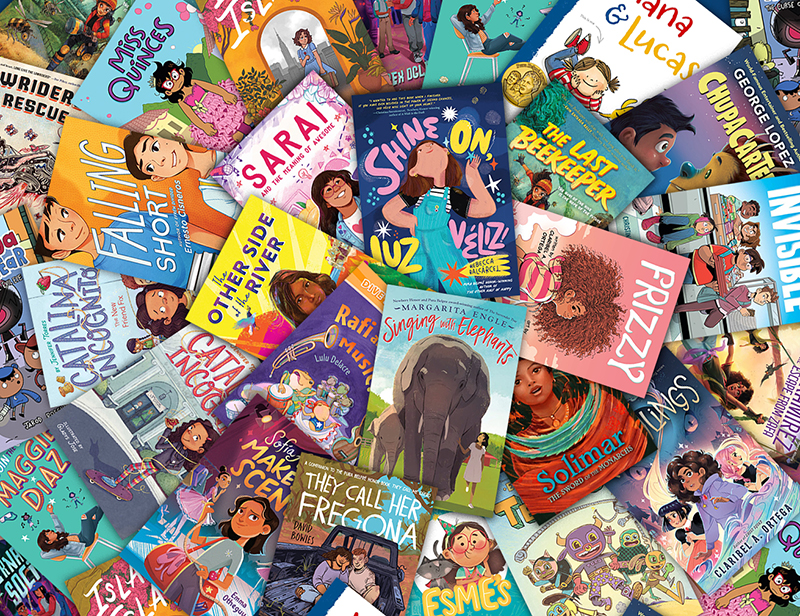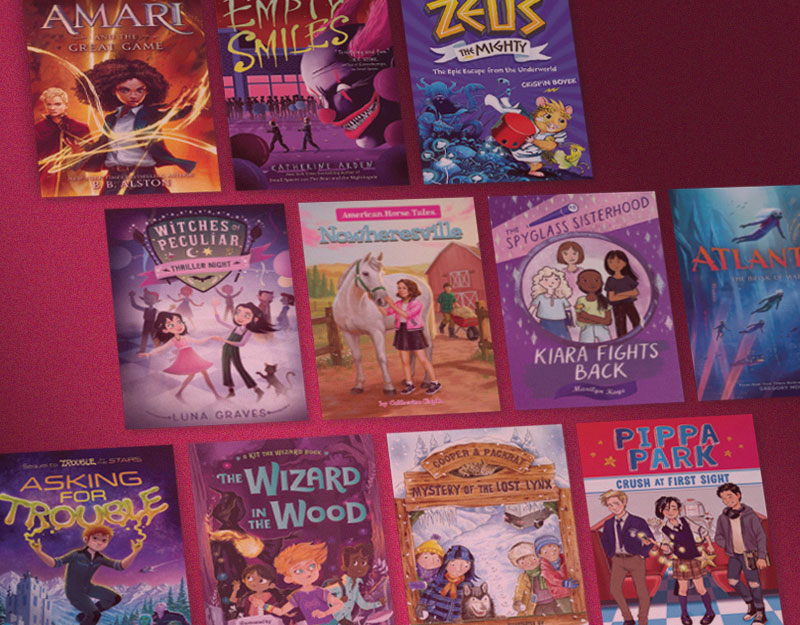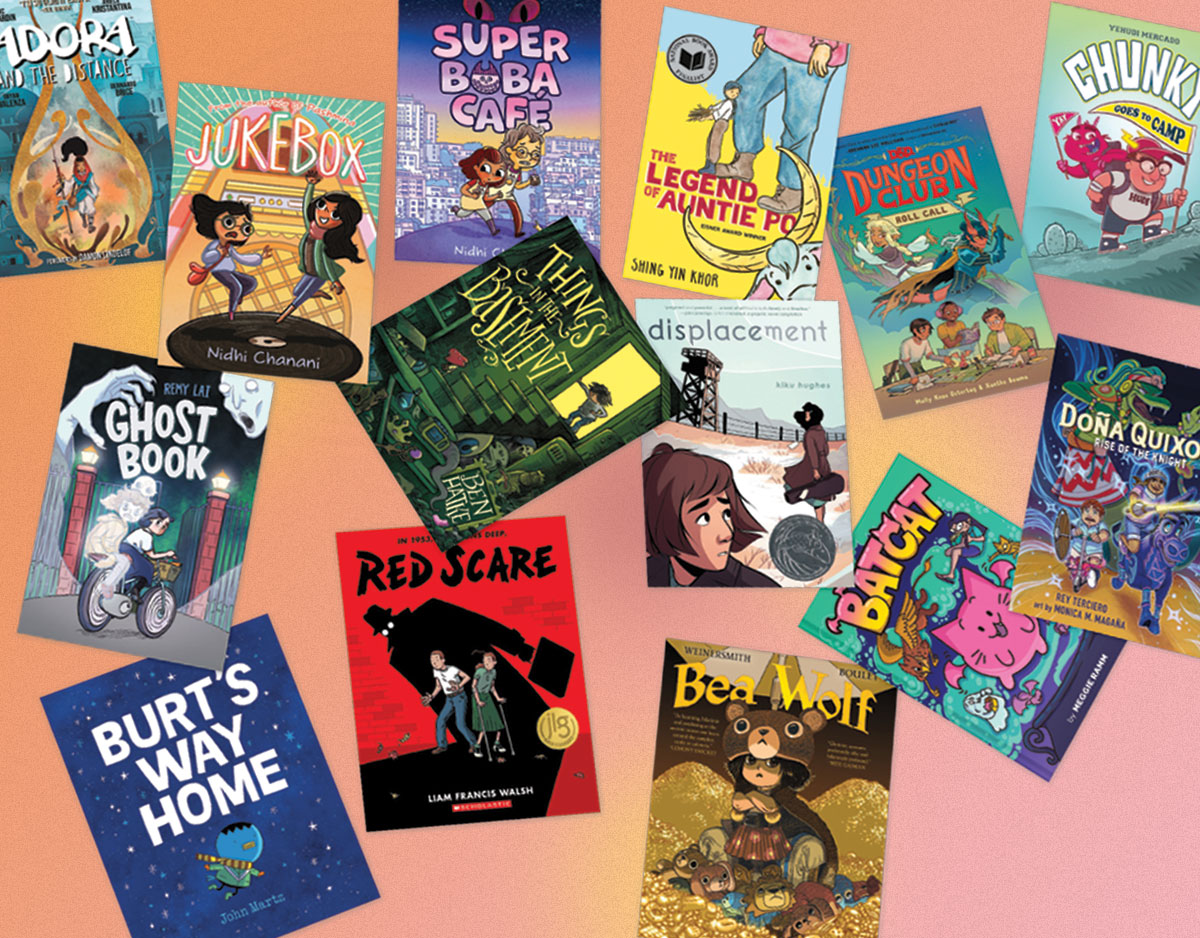On teachable moments and consent
 |
| Infographic from http://vitaminw.co/society/what-consent-looks |
The other day the Tween came out of the house wearing a pair of shorts from last summer, which means they were now both too short and too tight. It was a stark reminder to me that it was, once again, time to go shopping. These kids won’t stop growing.
So the next day she came home and I proudly handed her two pairs of shorts that I had bought for her, because I love her. Because I saw her plight and I wanted to her to know that I think about her. My mistake, of course, was that I bought her clothes without her approval so of course she hated them. She tried on a pair and then took them right back off; she didn’t like they way they felt. Which I understand, I often buy clothes and then decide I don’t like the way they feel or fit or look.
ADVERTISEMENT
ADVERTISEMENT
But I was a little sad, because I had tried to do a nice thing and it didn’t work out the way I planned. I will admit it, I moped.
Seeing my sad face, the Tween then said to me, “It’s okay mom. I’ll wear the shorts.” And she got up to go put them on. BUT . . . this actually terrified me because it made me think about consent. Yes, consent. Stay with me here, I’ll tie it all together in a moment.
When we talk about sex, consent is when one party willingly agrees to have sex with another party. Consent is willingly and enthusiastically saying yes. Consent must always be freely given. When we talk about rape, we always say that No means No. But when we talk about consent, it’s not just the absence of no that matters, but the presence of YES. And that YES must be freely given – meaning there is no guilt, manipulation, threats or coercion.
What this means is that if party A asks for or tries to initiate sex and party B says no, that no needs to be respected. That doesn’t mean Party A then begins to use guilt, manipulation, threats or coercion to ask for sex and try to change that no into a yes. It means that the no is respected and we move on to the next topic or part ways. It does NOT mean that you now begin a campaign to change my mind and turn my no into a reluctant yes.
And yet here my very sensitive daughter was agreeing to do something because she saw that her no made me sad. And alarm bells went off in my head because I thought, I don’t want her to think that she can’t say no. I don’t want her to wear these shorts because she sees that I am sad and feels guilty. Because the truth is, being able to stand up for yourself can be a lot of little lessons that we learn throughout our life. And this moment, I thought, was one of those moments where I could remind the Tween that she has a right to say no and that she is not responsible for the feelings and emotions of others. So we had a conversation and it went like this:
Me: Tween, it’s okay that you don’t like the shorts. And it’s okay that I am sad that you don’t like the shorts. But that doesn’t mean that you need to wear the shorts to make me happy because you are not responsible for my feelings or my happiness. You don’t have to do things just because you think it would make me happy. You should never let anyone’s feelings guilt you or manipulate you into doing something you don’t want to do. You are allowed to your own opinions and feelings. You’re allowed to say no and to stand up for yourself.
ADVERTISEMENT
ADVERTISEMENT
Now she doesn’t know that we were having a conversation that was laying down a foundation for consent, but I do. Because I looked at that moment and thought this is an important moment; this is a teachable moment where I can either teach her to stand up for herself or I can use guilt and manipulation to make her do what I want her to do knowing that it would set a dangerous precedent for others to do the same in the future.
I had a high school boyfriend once in my junior year. His family was getting ready to move the next day and he came over to say goodbye. We never really talked about it, but we knew we were going to break up and I was really okay with that. But that night, he came over and said, “Don’t you think we should finally have sex?” And I was like, “Um, no. No I do not.” That night he tried to use guilt (“Don’t you love me?”), manipulation (“It’s the last time we’ll ever have to be together!) and more to try and change my no into yes. In that moment I looked at him and thought, it really irritates me that you are going to spend our last night together being an ass and trying to get me to do something that I very clearly told you I have no interest in doing. Which I might have said out loud because he then looked at me and said, “Maybe I should just leave.” And then he did. I want my daughter to know in moments like this that it is okay to say no and that the other person should respect her no. It was okay that he was disappointed that we weren’t going to have sex that night, just as it was okay that I was disappointed that she didn’t like the shorts that I bought her, but in neither case does that mean the other person is responsible to make those feelings better because doing so would force them, or manipulate them, into doing something they don’t want.
Parenting is tricky business I am learning. There are probably lots of teachable moments that I have missed or made the wrong call on. But in this one moment, I think that I did something right.
More about Consent as part of the #SVYALit Project:
Sexual Assault Awareness Month, talking to teens about consent and rape part 1 and part 2
This is What Consent Looks Like
The Curios Case of the Kissing Doctor and Consent
The Healthy Sex Talk: Teaching Kids Consent, Ages 1-21 (the Good Men Project)
Why Talking with Teens About the Age of Consent Matters
There are also a lot of great discussions and essays about what consent is, and what it isn’t, on the #SVYALit Tumblr
Filed under: #SVYALit, #SVYALit Project, Consent
About Karen Jensen, MLS
Karen Jensen has been a Teen Services Librarian for almost 30 years. She created TLT in 2011 and is the co-editor of The Whole Library Handbook: Teen Services with Heather Booth (ALA Editions, 2014).
ADVERTISEMENT
ADVERTISEMENT
SLJ Blog Network
Name That LEGO Book Cover! (#53)
Cover Reveal and Q&A: The One and Only Googoosh with Azadeh Westergaard
Exclusive: Vol. 2 of The Weirn Books Is Coming in October | News
Fighting Public School Book Bans with the Civil Rights Act
ADVERTISEMENT








I definitely see what you're saying, and it was good to capitalize on a teachable moment, but at the same time, there is such a wide gap between shorts and sex. I think it's also important to simultaneously teach our children about consent but also about selflessness. Some things (like sex), no means no. But others (eating what's on your plate when you're a guest, what radio station to listen to, getting a gift from a friend), compromise is also a beautiful thing.
Now, how do we teach them to be discerning about where to draw the line and where compromise is appropriate? Sigh. Parenting sounds like the most terrifying thing in the world to me.
You both make good points, and I'm thinking about how I do whatever I can sometimes to make “insert husband, mother, father, siblings, in-laws here” happy and not hurt their feelings. Yet I NEVER want my son (who is a whopping 9 months old, but he's going to grow, and fast) to feel that way when it comes to me. I am sure he is going to do things that hurt my feelings without that being his intent, but I don't want him to know. I DO want him to recognize though when he's older and a girl says no or is uncomfortable that it's time to stop. I think you did the right thing, and I imagine that most kids above the age of 8 or so will realize that what you told your daughter does not mean she needs to be rude or ungracious in every day circumstances. But hopefully she will remember and realize your words when the time comes for them to really matter. Bravo, Mom. And good luck. We all need it! I can't even imagine the ways I'm already screwing up my son, but we live and learn as we grow!
As someone who spent miserable hours crying at the table over lasagna, I don't really subscribe to that parenting philosophy. I know that some people do, but I don't. If they don't like what I make for dinner, they don't have to eat it. And I do think there is a difference between being grateful for the thoughts behind a gift and being forced to actually wear that gift when it's something you absolutely hate. Again, I know that others have a different parenting philosophy and that is okay. I think the idea of compromise is an important one, but we have to be careful in how we present it. Sure I sometimes suffer through a sporting event on TV for my husband, but I'm not going to eat things I hate for him, wear clothes I hate or make me feel uncomfortable for him, or have sex when I don't want to. I don't think compromise should ever make a person feel physically or emotionally uncomfortable or compromised. And yes, parenting is kind of terrifying: these little people are looking to me to help take care of their every need and shape them into good humans, that is a lot of responsibility. I hope I am doing it somewhat right. Thanks so much
Yes, exactly, I'm not talking about being rude or ungracious. I'm talking about learning how to stand up for yourself in ways that are kind to another while still not asking you to compromise your own physical or emotional well being.
And congratulations on your little one! This parenting thing is completely huge and overwhelming, but man do I love these kids. We all do the best that we can.